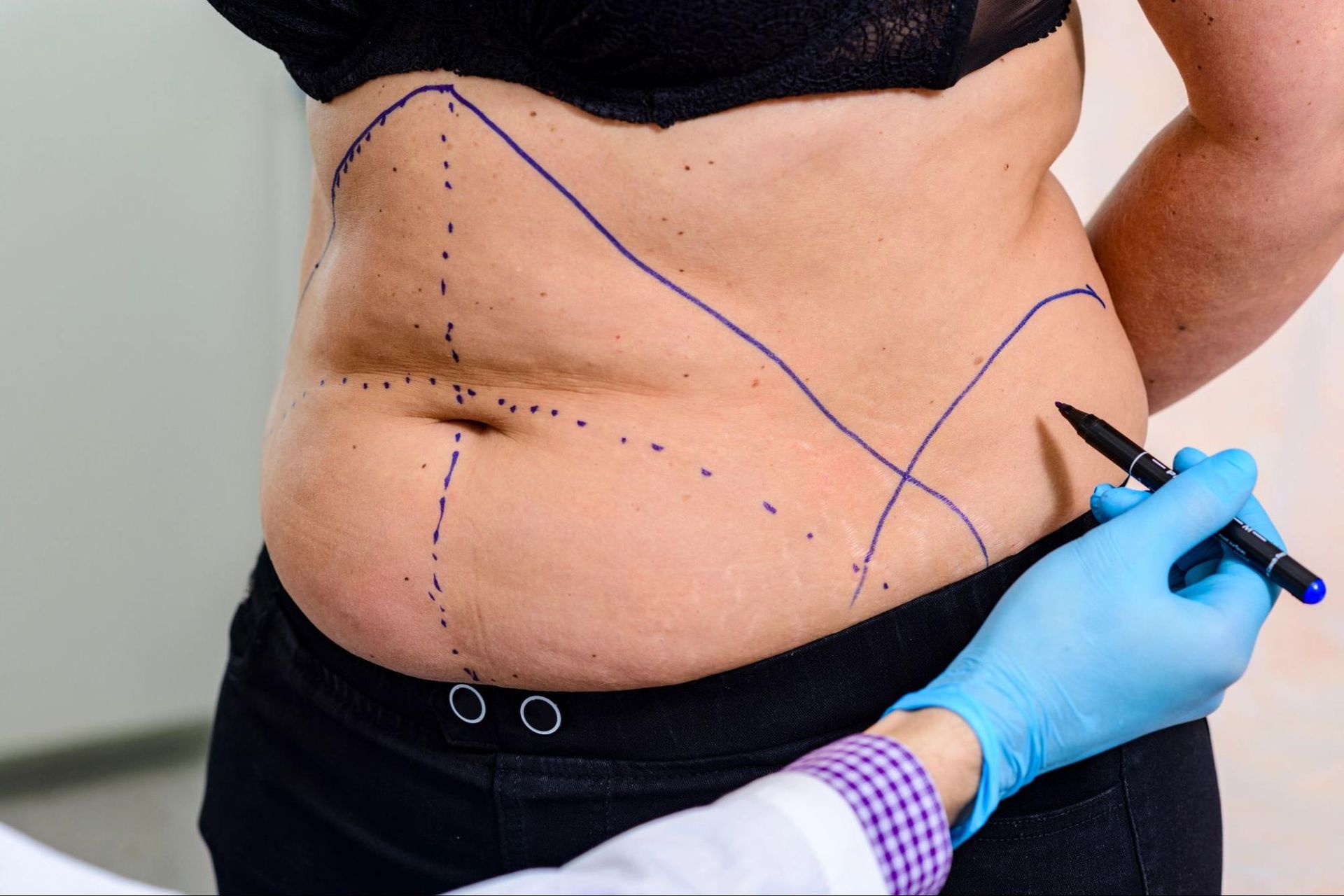The Benefits of Undergoing Bariatric Surgery as a Couple
Embarking on a weight loss journey is a significant commitment, especially when it involves bariatric surgery. This procedure can help individuals struggling with obesity achieve long-term weight loss and improved health. However, undergoing weight loss surgery with a partner can amplify these benefits, offering not only physical but also emotional rewards. Here’s why bariatric surgery for couples can be a life-changing experience and how it can strengthen both your health and your relationship.
Built-In Support System
One of the most significant benefits of undergoing bariatric surgery as a couple is the built-in mutual support system. Adjusting to the post-surgery lifestyle, which includes changes in diet, exercise routines, and eating habits, can be challenging. With both partners navigating the same journey, there's a unique level of empathy and encouragement. This shared experience can:
- Help maintain motivation through mutual understanding.
- Make it easier to stick to dietary and exercise plans.
- Strengthen your emotional bond as you celebrate milestones together.
By leaning on each other during tough moments, couples can build resilience and foster a deeper connection.
Strengthened Relationship Dynamics
Obesity can often strain relationships, impacting both physical intimacy and emotional connection. Choosing bariatric surgery for couples provides an opportunity to reset and rejuvenate your partnership. As you both achieve better health, you’ll notice:
- Increased energy levels for shared activities like walking, hiking, or cooking healthy meals.
- A renewed sense of purpose in working toward a healthier lifestyle.
- Enhanced communication as you navigate this transformative process together.
A healthier body often translates into a happier, more fulfilling relationship.
Accountability and Motivation
Long-term success after weight loss surgery requires consistency and accountability. Having a partner on the same journey can:
- Encourage regular exercise and meal planning.
- Help ensure adherence to post-surgery guidelines.
- Offer motivation during moments of doubt or setbacks.
Whether it's reminding each other of follow-up appointments or celebrating each other's progress, couples who undergo bariatric surgery together have a greater chance of sustaining their lifestyle changes and achieving their goals.
Shared Success and Health Benefits
Bariatric surgery is not just about losing weight—it’s about improving your overall health. Obesity is closely linked to conditions such as type 2 diabetes, high blood pressure, and sleep apnea. When couples undergo weight loss surgery, they can experience these benefits together:
- Reduction or elimination of chronic conditions.
- Improved mobility and physical activity.
- Enhanced overall quality of life.
Sharing these successes can deepen your bond and reinforce your commitment to a healthier, longer life together.
A Fresh Start, Together
Undergoing bariatric surgery as a couple marks the beginning of a fresh start. Together, you can:
- Create a home environment that supports your health goals.
- Embrace new hobbies or activities that promote physical and emotional well-being.
- Encourage each other to break free from the physical and emotional burdens of obesity.
This shared transformation fosters a sense of teamwork and mutual growth, setting the stage for a happier, more fulfilling life together.


















